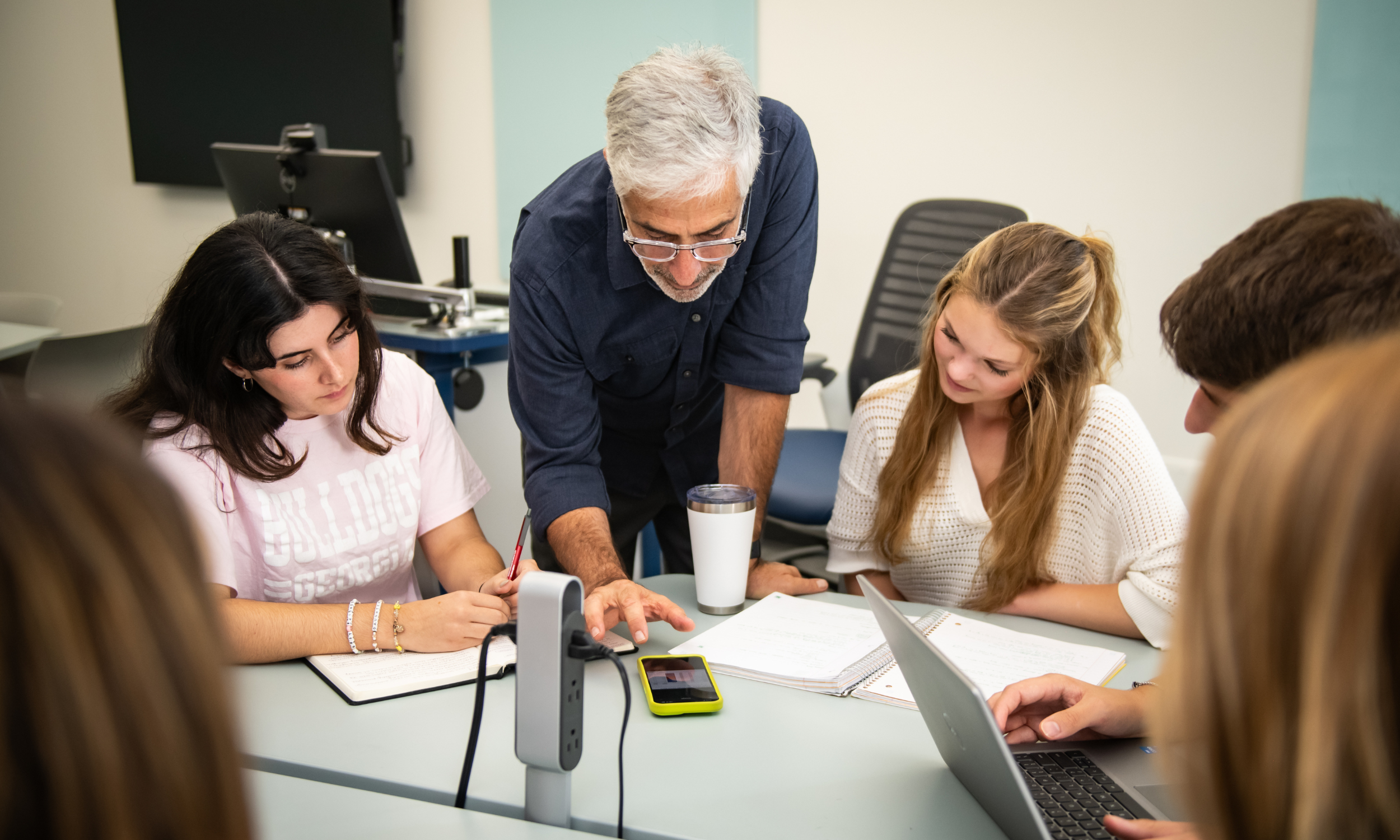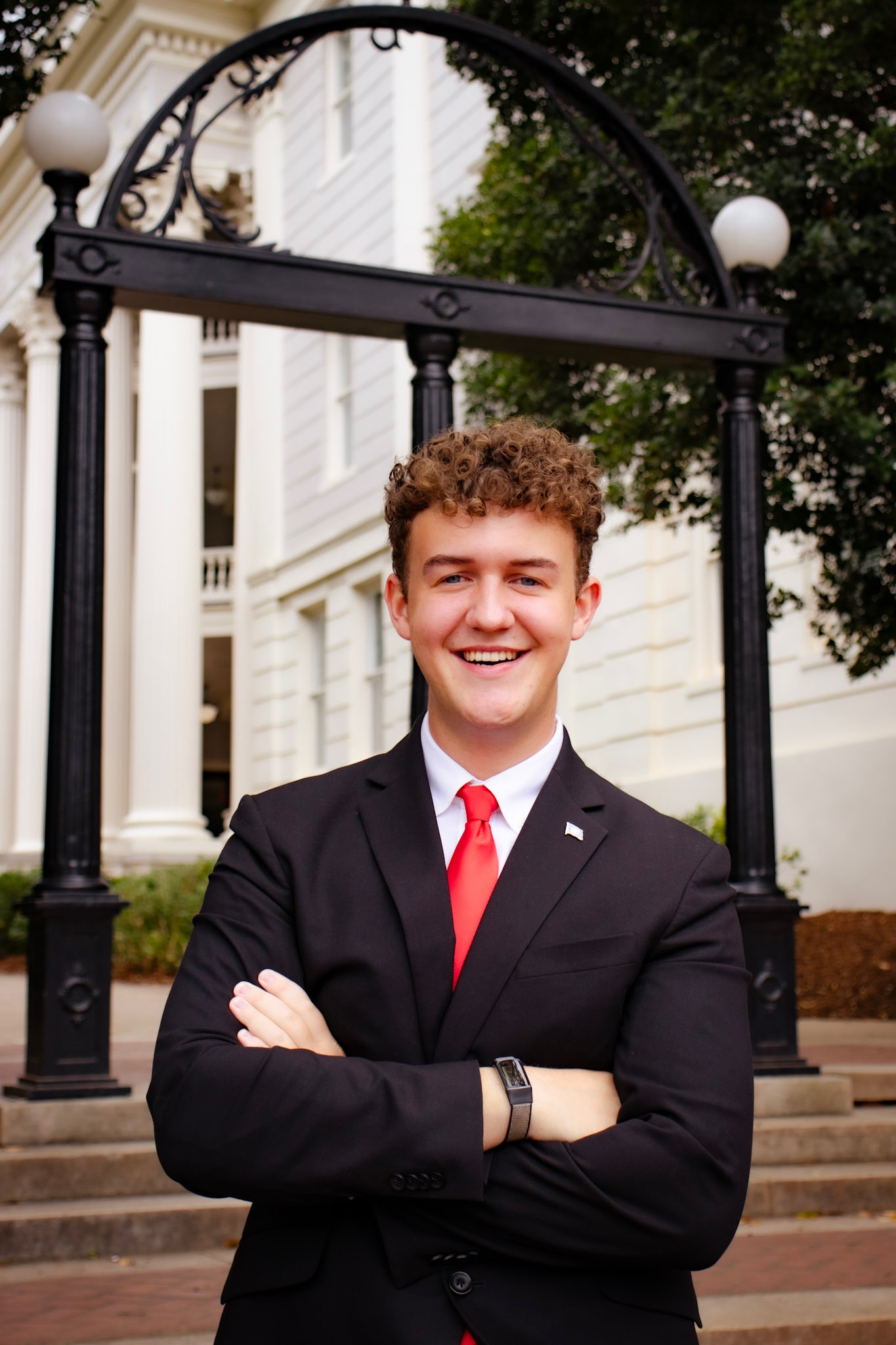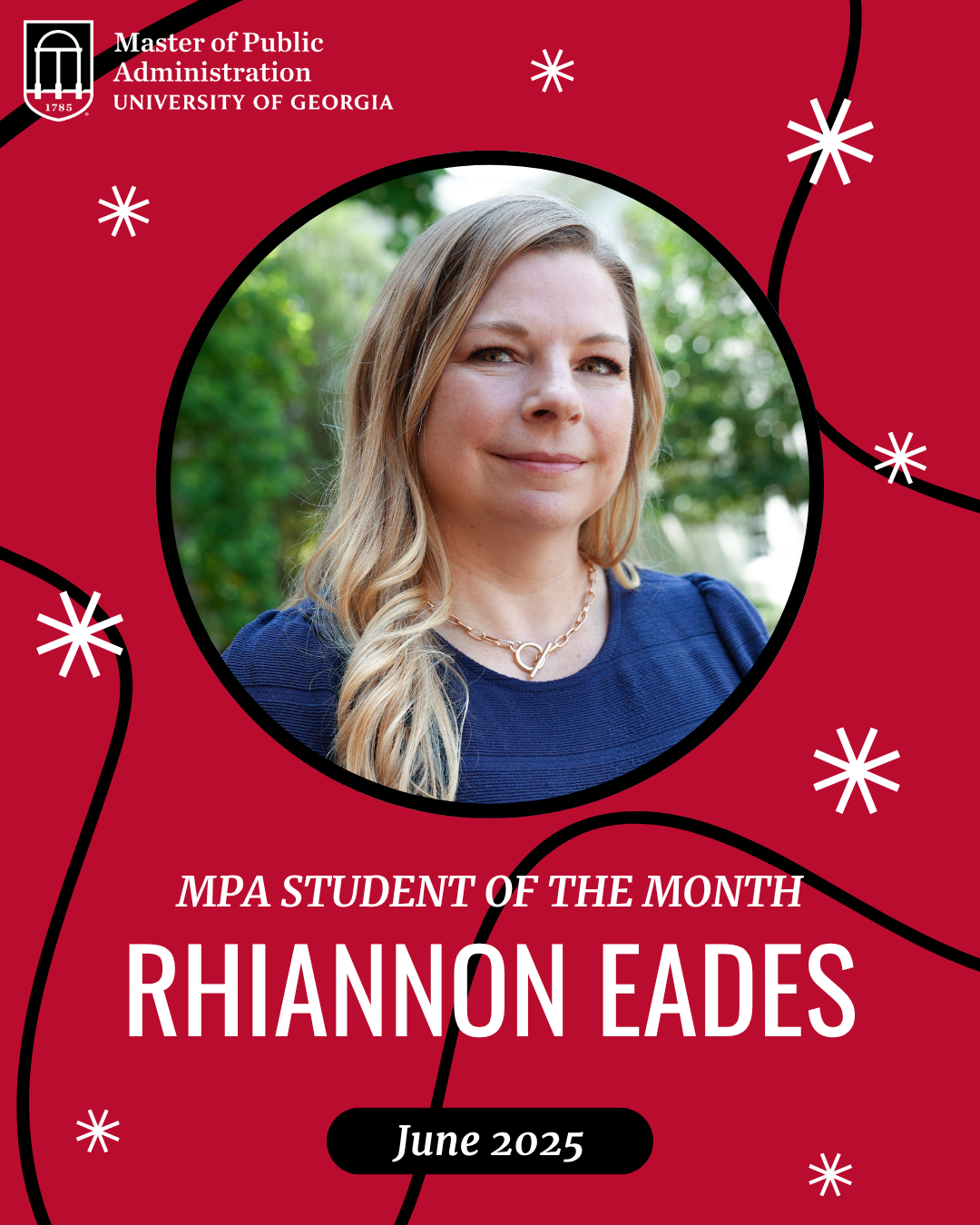by Libby Ballou
Kayamandi means “nice home.” If I had heard this before the summer of 2015, I would have pictured a mansion with many amenities. Yet, after my month-long study abroad in South Africa, my connotation of this phrase, as well as my general perspective of life, has shifted. Working in Kayamandi – a township located outside of Stellenbosch, South Africa – has been an enriching experience. It has contributed to my education just as much as my classroom experiences because it has provided a hands-on, face-to-face, real learning opportunity. Interacting with the children at the iKhaya Trust Center within Kayamandi has allowed me to witness elements of South African societies (particularly the education system) without a separatist attitude. I have learned a great deal about South African societies, people in Kayamandi, the processes of development, and myself.
After more than 30 hours of travel, 3 planes, and 100 nervous thoughts, I arrived in Stellenbosch, South Africa on May 9th, 2015. Located about 50 kilometers from Cape Town, this city of 90,000 hosts Stellenbosch University. The university’s origins can be traced back to 1866, and today, it is a thriving town filled with varying shops, delicious restaurants, and academic buildings. Vineyards and mountains surround it.
My time on this program can be easily divided into two categories of activities: academics and service learning. In terms of academics, the classes my fellow students and I took were held in the Sasol Art Museum, a beautiful red and white building on campus that is filled with traditional artwork as well as archaeological and anthropological findings. It was within a small classroom on the ground floor that we studied South African Societies and Politics of Development.
The second major component of this study abroad was the service learning. Every day after our classes, we would travel from campus to the township of Kayamandi, which is right outside of Stellenbosch. Kayamandi has an approximate population of 30,000 people. The unemployment rate is around 40%. The average monthly income per working household is estimated at R1000 (around $83). Although there are some concrete, government-built houses, most of the people live in small shacks with aluminum walls and tires, bathtubs, couches, and other heavy objects piled upon the roofs to keep them from blowing away. Within the iKhaya Trust Center, it was different; although nothing was exceedingly, drastically new or expensive, it was clean, organized, and efficient. iKhaya Trust is an aftercare center located within the township. It works with toddlers through children in high school.
Our task, as volunteers, was to help the children with their schoolwork. I worked with the 6th and 7th graders in a small classroom next to the playground. Typically, 10-20 kids would be in the classroom, and I would move from student to student, helping wherever I could. Sometimes, though, the kids would not have a lot of homework, so we would just talk. All of the children at iKhaya are interested in American popular culture. I was asked if I knew Rihanna, and several children sang Disney songs to me. I got to know almost all of the children in my classroom well. I worked often with Nombuso, a young girl who wanted to be a writer and was currently working on a short play called #FashionKillers about a model assassin. I worked with Azisiwe who wanted to be a lawyer, a doctor, a designer, and a model. I also worked with Khanya, who had a lot of trouble in school (especially with writing), yet he wanted to become a pilot. Khanya asked me such complex questions about planes that I did not know the answer. Getting to know these particular children – along with many others – was the most rewarding part of the trip. Many of them talked about the problems with their schools, such as teacher absenteeism. I also observed many of the problems for myself, such as lack of school supplies. Yet, despite the obstacles they face, these children are intelligent and happy. They play, laugh, and make jokes, just like all children do across the world. I am honored to have been a part of their lives, even for a short period of time.
Although the classes were incredible, it is my work at iKhaya that has most inspired my studies and my long-term goals. It is important to study policy and history in the classroom, but I have found that it is more important to see the impact of these concepts of the lives of people, especially children who will be living in whatever future the political and social structures have dictated.








